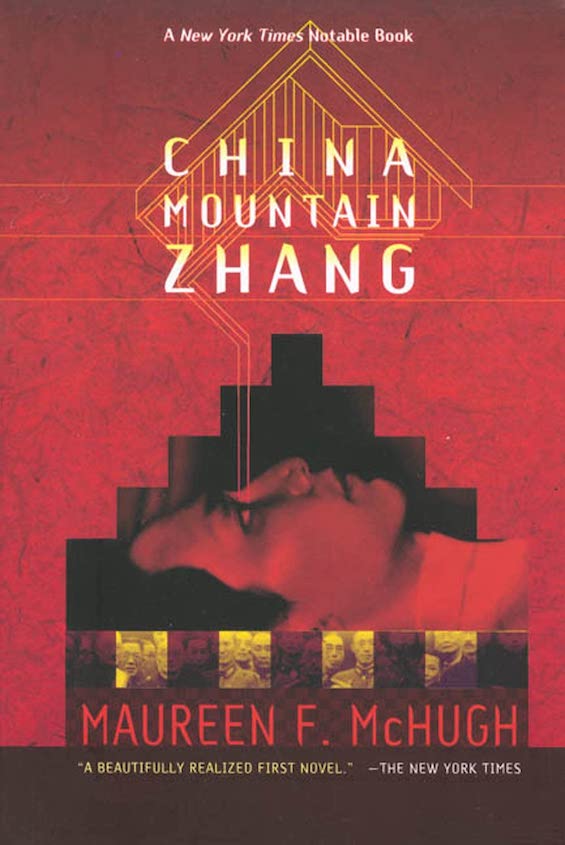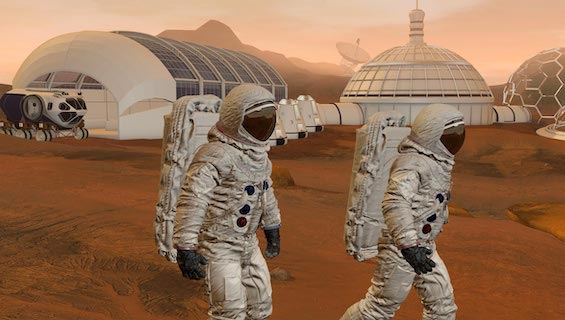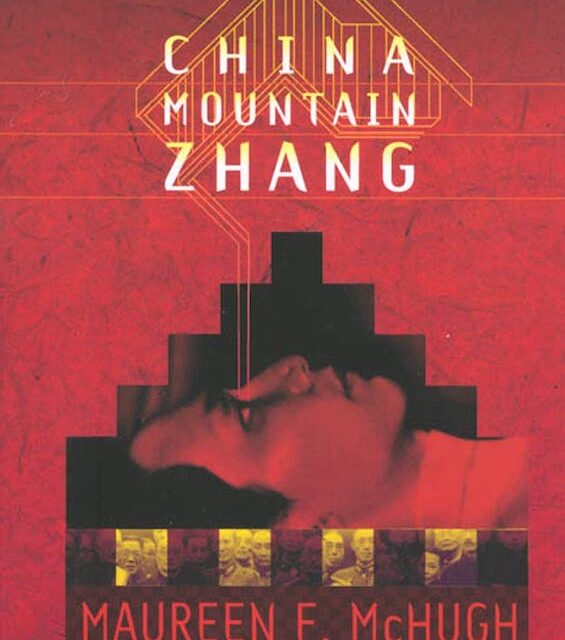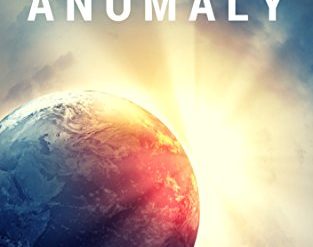
Every year, the publishing industry pours out a torrent of new books. Some 275,000 in the United States alone last year, according to the International Publishers Association. And that doesn’t count hundreds of thousands of self-published works. The total reported elsewhere is one million titles. In this chaotic publishing environment, it’s no wonder that a single book might get lost no matter how important, insightful, or beautifully written. And that’s doubly true even for a science fiction classic like China Mountain Zhang, which was written three decades ago. Despite winning several major awards in the field, garnering nominations for the Hugo and Nebula, and gaining recognition as a New York Times Notable Book, this extraordinary novel is little known today. It deserves much more attention.
A uniquely revealing near-future novel
China Mountain Zhang bears little resemblance to much of what passes for science fiction in the popular imagination. There are no superheroes or archvillains. No titanic battles in space between the forces of good and evil. No gorgeous babes oozing sexual promise from every pore—no Beautiful People at all. And it doesn’t fit into any of the recognized categories, such as space travel, alien encounters, or time travel. China Mountain Zhang is a story of ordinary folks just living their lives and trying to get along. But the novel is science fiction, and it’s brilliant. Author Maureen McHugh depicts the changed world of the early 22nd century—a world few of us in the United States today would care to live in. I’ve encountered few novels that equal it in conveying what life might be like for most of us in the future.
China Mountain Zhang by Maureen F. McHugh (1992) 322 pages ★★★★★

The 22nd is the Chinese Century
In the world of China Mountain Zhang, China has long since overtaken the United States as the planet’s dominant power. China leads the way in space, too, with colonies on the Moon and Mars. Some decades ago, a “proletarian revolution” shattered American civilization. The result here is a bureaucratic society based on the Chinese version of socialism. The USA is a backwater, its people relegated to poverty by a combination of runaway climate change and the devastation of the Second American Civil War. Now, China is by far the world’s wealthiest nation.
Everywhere, people of Chinese descent are treated with deference. “Legally everyone is equal, but even here at the other end of the world in the Socialist Union of American States we all know better than that.” Which explains why Rafael Luis’s mother chose to pay for gene therapy to emphasize the Chinese racial characteristics in her son that came from his absent father. And that in turn caused her to call him by the extraordinary name of China Mountain Zhang. He is “almost like a Chinese person.” ABC, or American Born Chinese, to be exact.
A protagonist with a revolutionary name
Zhang’s given name, Zhong Shan, is the Mandarin name of China’s first revolutionary hero, Sun Zhongshan, who is known as Sun Yat-sen in Cantonese. Zhang gets a lot of attention as a result, much of it unwelcome. He is gay, which causes him no end of difficulty under the puritanical regime imposed by China. The people around him are always trying to marry him off. And he can’t explain why he won’t because homosexuality is a capital crime in China and a serious offense in America.
Zhang is an engineering tech, a job that places him above the level of manual laborers, but only slightly. He lives a meager, solitary existence. And then his life takes a turn for the worse when he proves unwilling to marry the boss’s daughter and is fired. In desperation, with no practical alternative to starvation, Zhang accepts a job at a marine research station on Baffin Island above the Arctic Circle. And that hardship posting entitles him to a preferential slot at a Chinese university, where he may study for an engineering degree.
The scene shifts from Earth to Mars and back
We follow the trajectory of Zhang’s life from New York City to the Arctic Circle, then to China, and back to New York. Meanwhile, in alternating chapters, we meet the other characters whose lives intersect with his. The boss’s daughter. Young men and women who compete in the kite races in New York. The people of a Martian colony. The young man he meets and falls in love with at Nanjing University. Each of these people is struggling to forge a life in the midst of an unforgiving society.
In her introduction to the novel’s reissue by the publisher, TDR, award-winning author Jo Walton characterizes it as a “near future science fiction mosaic novel” that “seems at first more like a short story collection.” But that’s true only at first. The stories McHugh tells are all linked, directly or indirectly, to the eponymous protagonist. Taken as a whole, China Mountain Zhang is a tour de force of science fiction and should be ranked with the very best the genre has produced.
About the author

Maureen F. McHugh (1959-) is the author of four novels and two collections of short stories, all science fiction. She began her career in 1988, and her most recently published story was in 2017. According to Wikipedia, “McHugh has worked as a writer and/or managing editor for numerous alternate reality game projects” and cofounded an alternate reality game company.
For more reading
For more good reading, check out:
- The ultimate guide to the all-time best science fiction novels
- 10 top science fiction novels
- The five best First Contact novels
- 10 best alternate history novels reviewed here
- Seven new science fiction authors worth reading
- The top 10 dystopian novels reviewed here
And you can always find my most popular reviews, and the most recent ones, plus a guide to this whole site, on the Home Page.


























